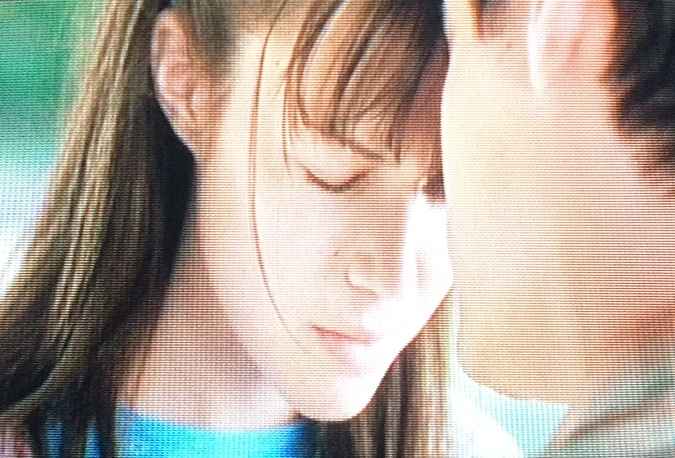|
Word Gems
exploring self-realization, sacred personhood, and full humanity
Kant
The Critique of Pure Reason
| Editor's Summary Comments |
return to 'Kant general-notes page'

Immanuel Kant (1724-1804)
Summary comments
I had intended to study Kant for a long time but have concluded that his material is not worthy of great commitment.
Prof. Steven Goldman helped me to see a major underlying flaw in Kant’s work. See an extended explanation here.
Goldman points out Kant’s error of deductive reasoning. Kant begins with a conclusion to be proved, that there is such a thing as absolute, unchanging, eternal knowledge. But we live in a quantum world in which uncertainty taints the fabric of reality.
Modern thinkers assert that, while Kant was wrong in certain areas, he was correct to put forward that the mind is not a blank slate but, instead, shapes and interprets what we apprehend as objects in the world.
Was this a unique contribution? Goldman suggests that David Hume was not so far from what Kant said. Today we have Sheldrake’s “morphic fields” which organize energy and these, as with Kant’s “intuitions” and “categories”, denote innate and hidden structures of the mind which regulate received sensations from the outer world. We are programmed to see the world in certain ways.
Kant was correct to posit that mere human experience, and common human reasoning, cannot access higher levels of knowledge, such as God, immortality, and related topics. This loftier information must be gained mystically, which other teachers have discussed.
We find many interpretations of Kant’s writings. There seem to be some good things in his teachings, but Kant’s unskillful attempts to explain often fail to elucidate leaving us with the impenetrable.
|
That which was true yesterday, though it has still elements of truth, is not so in the light of new knowledge. Knowledge is something ever changing. Man is ever experiencing new things, gaining greater understanding, greater realisation, greater wisdom and, in consequence, knowledge becomes ignorance through the light of new knowledge.
An ancient Chinese man, from the other side, offered testimony via Leslie Flint direct-voice mediumship; tape-recorded July 30th 1959.
"I have lived on your plane of Earth centuries ago, in China. I have been called by several names, and I do not feel that it would be any advantage for you to know these names... For a man who was wise, as you understand it, upon Earth, as soon as he passes through the gates called death, he realises that his Earthly wisdom was as naught. Wisdom is purely the condition or state of being which may apply, and does apply, until such time as you have progressed to a further state - and that which was wisdom in the past becomes ignorance, in consequence of the wisdom gained. Wisdom is something which is a state of being according to one's knowledge of things appertaining at the time. But that which was true yesterday, though it has still elements of truth, is not so in the light of new knowledge. Knowledge is something which is ever changing. Man is ever experiencing new things, gaining greater understanding, greater realisation, greater wisdom and, in consequence, because movement is life, because man cannot remain stationary, knowledge becomes ignorance through the light of new knowledge… We who come to you know that man will only find divine truth when he himself becomes divine, when he himself becomes spiritually attuned into the higher spheres and the greater souls who come… [There are] tremendous things that lie further ahead in the higher spheres - where it is impossible in words to depict in any shape or form such a condition of life… You cannot see these things, for you are not ready to see. You cannot understand these things, for you are not ready to understand. We are not in a world that is three dimensional. We are in a world that is four dimensional, which you could not possibly conceive or understand. It is beyond your comprehension… To all those who seek I say, seek. At the same time remember, that you must be as children and have faith and keep open wide the door that it may enter therein and realise that truth is ever-changing. That which was truth yesterday won't remain as truth, in the light of new truth… It is only, as it were, a little aspect - for we must always remember, it is but a grain, like of sand in the desert of truth, a grain of truth in a huge sea of sand or desert.”
|

|
